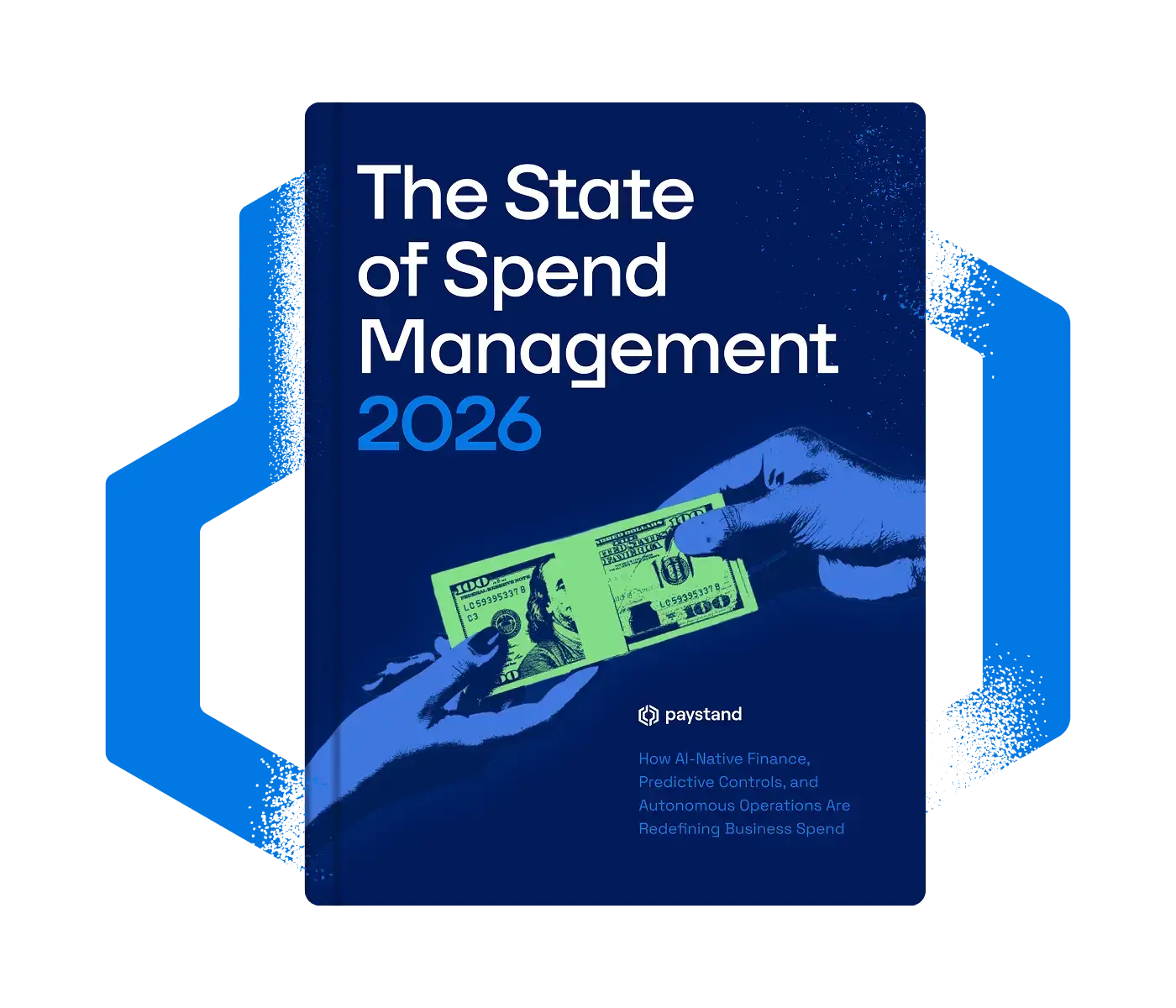There are many reasons why some financial controllers have a seat at the executive table while others are more boxed into the traditional role. IMA and Deloitte surveyed nearly 800 (majority U.S.) financial professionals in the controllership function to learn how they are spending their time as opposed to where they should or would like to be spending their time. Below, you will learn the results of this survey and the elevating role of the controller.
As reported on January 2nd, 2018, by Anthony Waelter, CPA, CGMA; Beth Kaplan, CPA, CGMA; Ashley B. Gibson, CMA, CPA; Kip Krumwiede,Ph.D., CMA, CSCA, CPA.
Stepping Outside the Box: Elevating the Role of the Controller
Controllers who venture outside the box of the traditional controllership roles are often able to unlock value that their company demands. Finding the courage and time to step out of this box is a battle that many controllers struggle to prioritize over completing day-to-day tasks. To better understand this conflict, IMA® (Institute of Management Accountants) and Deloitte examined the factors impacting how controllers are currently spending their time as opposed to where they should be or would like to spend their time.
Our survey results suggest that controllers in the United States spend nearly 70% of their time performing traditional tasks, such as closing the books or ensuring compliance with accounting standards. As a result, they lack the time to participate in decisions involving organizational strategy. For example, they may be asked to quantify quarterly spend on head count, but they may not be involved in the executive meetings where decisions are made related to organizational restructuring initiatives. Competing demands on time hinder the ability of controllers to focus on building the skills and tools needed to free capacity and enable them to meet the increasing expectations of their role. As a result, controllers are often trapped in a box of traditional tasks that anchors them to a less valued brand and prevents them from stepping out to deliver greater value.
A controller who was new to the role found herself so engulfed in meeting the traditional requirements that she was unable to be concerned about more strategic issues, including how to influence executive decision making. When the CFO unexpectedly resigned, she was asked to step up and take over the CFO role without proper preparation. Opportunities fail to appear to some, and others can’t pursue them even when they are available.
To prepare the report that follows, IMA and Deloitte surveyed nearly 800 (majority U.S.) financial professionals in the controllership function to learn how they are navigating the challenges of their roles, what skills they have that they feel need to evolve, and how they continue to add value to their companies. This report provides information on factors that can help professionals in the controllership function deliver more value and evolve with their organization.
How Do Controllers Spend Their Time?
Most controllers spend nearly 70% of their time on the traditional steward and operator roles, which include blocking and tackling day-to-day responsibilities. Yet they would like to reduce the amount of time spent on these activities in order to allocate more time to catalyst and strategist responsibilities.
Who They Are
How controllers spend their time largely defines their role in the organization. We classified the respondents into three controllership personas based on the amount of time they spend in the traditional roles of steward and operator:
- Traditional: spend 75%-100% of their time in the traditional role.
- Mixed: spend 60%-74% of their time in the traditional role.
- Strategic: spend 0%-59% of their time in the traditional role.
The strategic persona is more often at the executive level, including CFOs, vice presidents, and executives (34% of respondents). Being strategic is considered a part of their job function, and they likely have some measure of influence with C-level management. In contrast, our survey identified that controllers (approximately half of the respondents) spend anywhere from 60% to 100% of their time performing traditional activities. The sense of urgency to move beyond the routine activities to more value-added actions is understandable if controllers are to progress within the organization.
What Stops Them?
Those “boxed” into the traditional persona most often cited top management priorities (39%) and strategy not being a part of their current role (38%) as the most challenging obstacles. For those in the mixed persona, top management priorities loom even larger as a roadblock (50%), with inadequate information systems (39%) factoring in second.
Skills and Capabilities
Most Important Core Skills and Capabilities
As part of the survey, respondents had to choose the three skills (out of 11 skills presented) that were most important to their organization’s controllership function. The traditional persona most often chose operational analysis; planning, budgeting, and forecasting; and internal controls (such as Sarbanes-Oxley) as the core skills most important to the controllership function. The mixed persona most often chose planning, budgeting, and forecasting as the most important, followed by operational analysis and internal controls (such as Sarbanes-Oxley). There was much overlap between these two groups regarding the focus on conventional accounting tasks, such as planning, budgeting, and forecasting.
There’s an interesting dichotomy between the respondents in the traditional persona and those in the strategic persona. The traditional persona more often cited knowledge about new accounting standards (for example, leases and revenue recognition) and internal controls (i.e., Sarbanes-Oxley) as skills most needed for their role. On the other hand, the strategic persona more often identified decision analysis, industry knowledge, statistical modeling/data analysis, and customer lifetime value as the skills needed most. The skills these personas identified as more important align with the roles they are currently playing.
Soft Skills Most in Need of Improvement
Perception by others is heavily influenced by one’s soft skills. Across all three personas, the soft skills most in need of improvement within the controllership function are:
- Strategic thinking and execution (53%)
- Process and transformation (41%)
- Communication skills (33%)
- Leadership (27%)
- Time management (25%)
These results are consistent with other studies of the skills most often lacking in new hires into the controllership function.
Technology: An Important but Missed Opportunity
Overall, respondents felt process automation, which can eliminate repetitive, logic-driven tasks from human processes, and universal ledger (i.e., in-memory computing), which harmonizes data structures and provides real-time close and reporting capabilities, have had the largest impact (20% and 19%, respectively) on controllership and are the emerging technologies that respondents most plan to use (27% and 21%, respectively). Visual analytics and mobile platforms had a smaller share of perceived impact (10% and 8%, respectively), while cognitive computing and blockchain technology each had just 6% of perceived impact and 6% of respondents planning to use either one.
New Accounting Standards
All Controllers Are Impacted The impact of the new accounting standards, both on skill sets required and performance efficiency, resonates across all personas. Knowledge of the new accounting standards is one of the more essential core skills and capabilities needed, especially for the traditional persona group. It is the new standards’ impact on time for tasks that controllers across all personas feel is most important. The relatively new accounting standard for revenue from contracts with customers (ASU No. 2014-09) has had more impact on time constraints for the controllership function than the new leasing standard (ASU No. 2016-02) thus far. Yet 33% expect the leasing standard to have a “high” or “very high” impact over the next two years. Regardless, both now and over the next many years, it is crucial not to understate the impact of these new standards across the entire controllership function. They will require new skills, more attention, and, most importantly, a lot of time.
What Makes a Strategic Controller Stand Out?
How controllership is defined and executed varies widely from company to company. Every controllership role has a mix of strategy and traditional responsibilities, but the challenge is maintaining a balance, especially when circumstances tip the scales to favor traditional tasks. Those in controllership and accounting roles can benefit by being more strategic business partners in many different ways, including:
- Communicate clearly to top management why the controller is in the best position to assume more strategic responsibilities, like FP&A.
- Improve and leverage skills in emerging technologies that are driving results, including robotics process automation, in-memory computing, mobile platforms, and visual analytics.
- Make “strategist” and/or “catalyst” part of one’s job description (official or unofficial) by learning the organization’s business and knowing what drives value.
- Understand the importance of the new accounting standards and plan for their impact on the controllership role.
- Reduce critical skill gaps through training and recruiting of professionals to increase skills in strategic thinking and execution, communication, FP&A, technology, and data governance.
No one likes to feel boxed in, especially accounting and finance professionals who have successfully executed their traditional responsibilities and aspire to do more for their organization. By following these critical steps, a controller can feel empowered to navigate the changing environment, find a seat at the table, and take their career to the next level.
Download the full report by IMA and Deloitte here.




